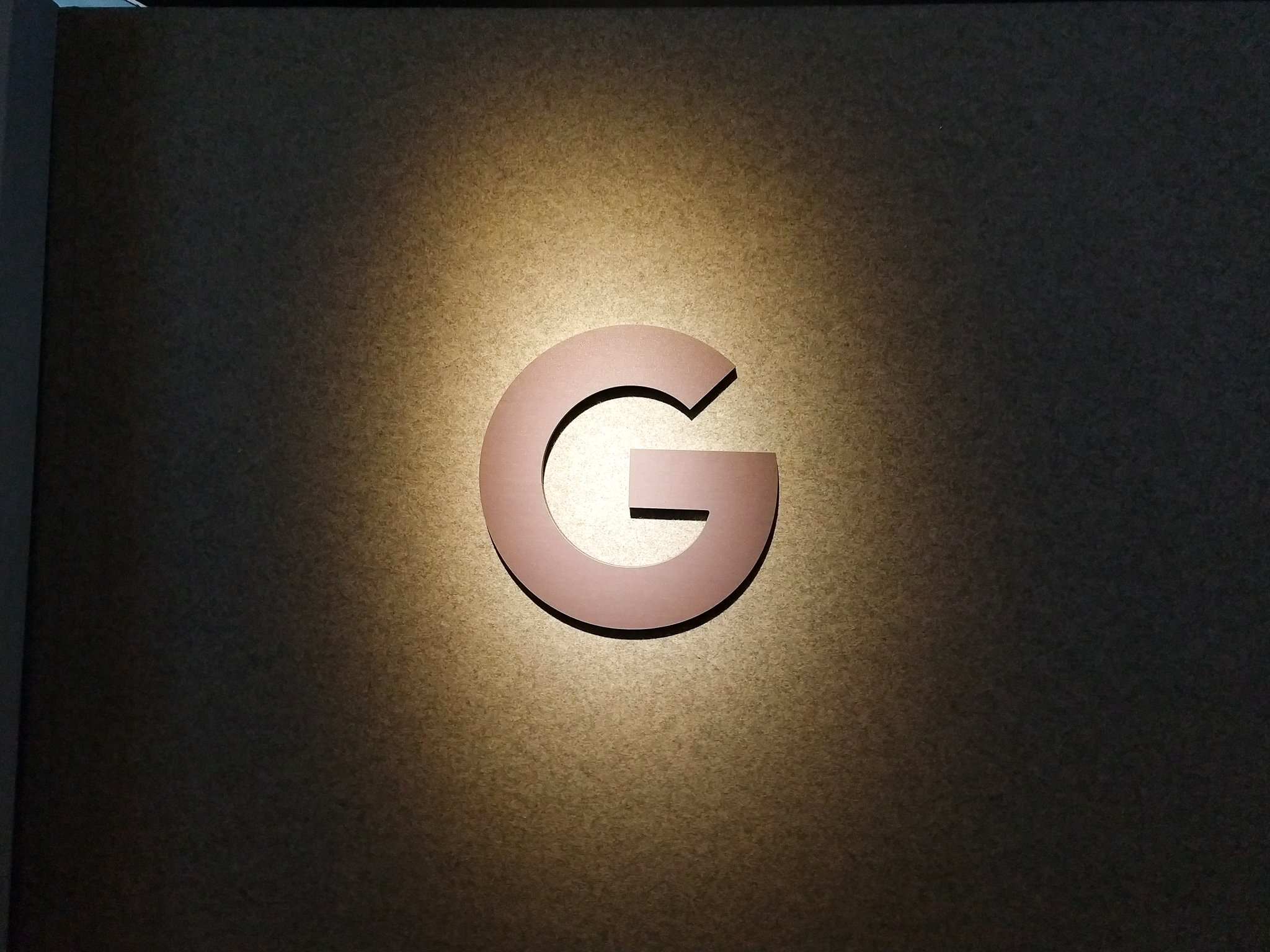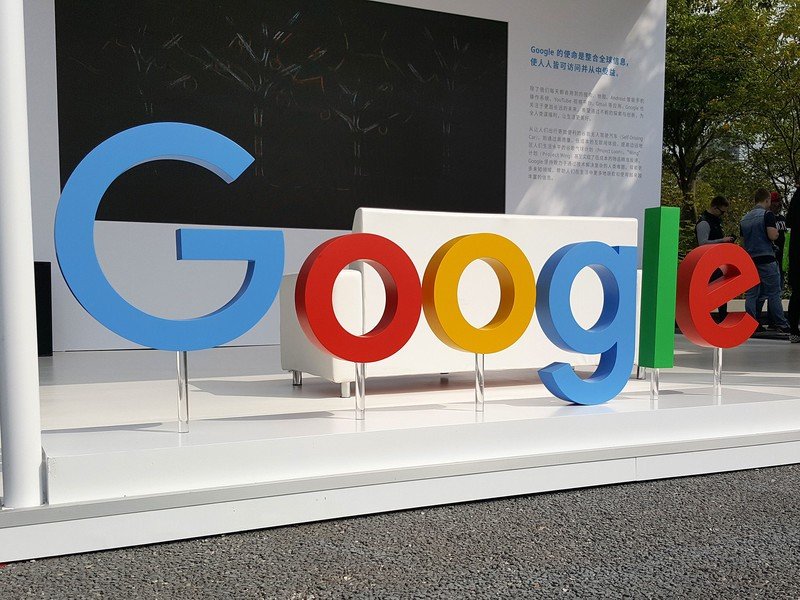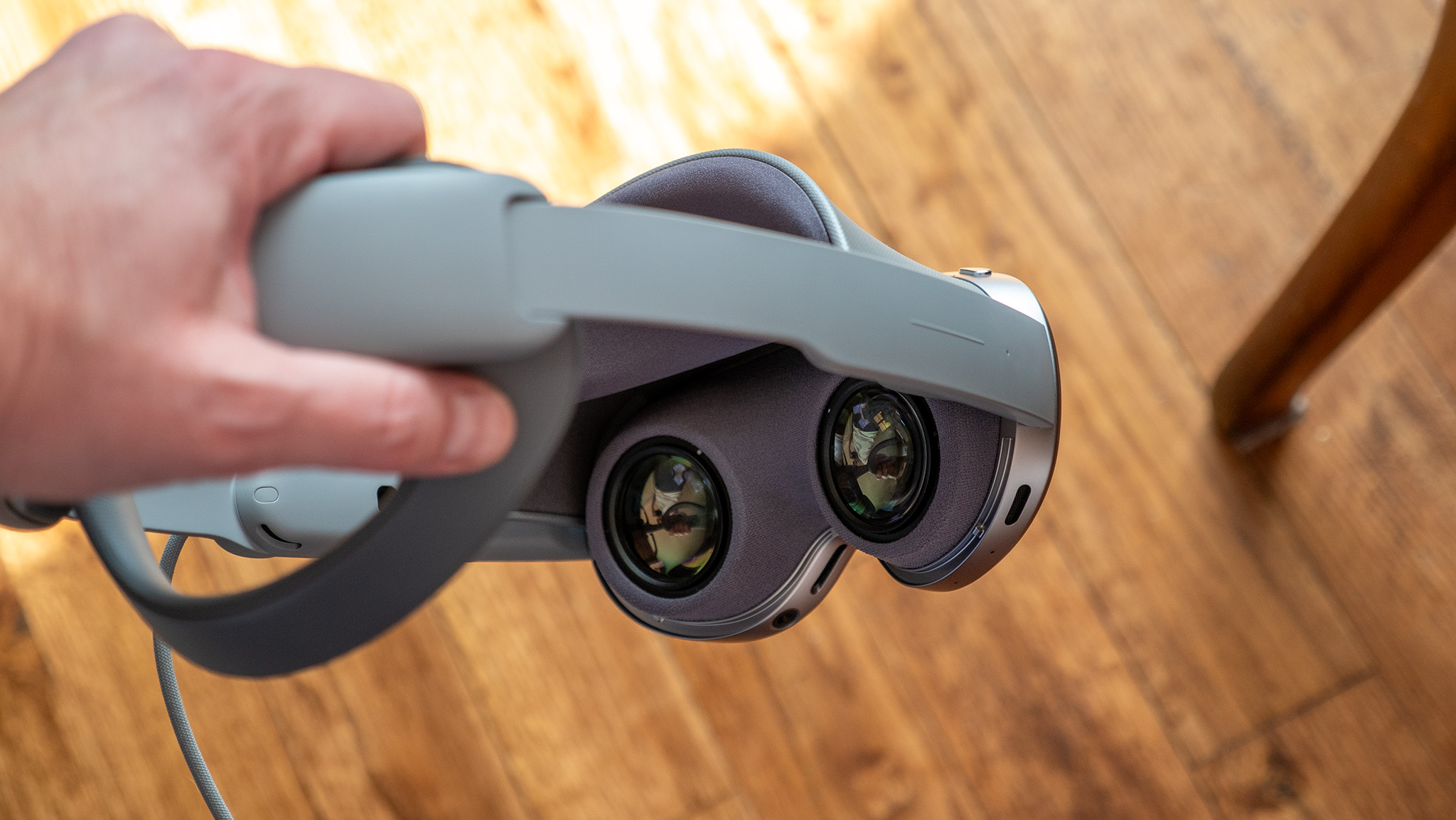Google antitrust FAQ: What the U.S. government's lawsuit means for you

Get the latest news from Android Central, your trusted companion in the world of Android
You are now subscribed
Your newsletter sign-up was successful
Google is one of the most powerful companies on our planet. From services like Google Search, its advertising business, Android, and countless other projects, there's no denying how many markets and ventures it's involved with.
This constant expansion and control has raised a lot of concern around the company in recent years, especially from the United States government. It's thrown around terms like "antitrust" and "monopoly," and it's finally come to a head in the form of a lawsuit.
If you're trying to make sense of everything going on, you've come to the right place.
Who's suing Google?
Google is being sued by the Justice Department in the United States, which is the executive branch within the government that's responsible for enforcing the law of the land. In addition to the Justice Department, the lawsuit is also being led by 11 Republican state attorneys from the states of:
- Arkansas
- Florida
- Georgia
- Indiana
- Kentucky
- Louisiana
- Mississippi
- Missouri
- Montana
- South Carolina
- Texas
When was the lawsuit issued?
The Justice Department officially issued its lawsuit against Google on Tuesday, October 20, 2020.
Why is Google being sued?

For over a year, the U.S. government has been investigating Google regarding concerns of its search and advertising businesses. The government (specifically, the Justice Department) has been worried that Google is using its overarching power to secure itself as a monopoly and force out any potential competition.
In regards to search, it's being argued that Google Search acts too much like a gatekeeper to the rest of the internet. If you want to go online and search for something, chances are you do it through Google. It's the default search engine on Google Chrome (one of the most popular web browsers on the market) and on devices running Android. In other words, it's the search engine most people are "forced" to use and therefore the only search engine they think to rely on.
Get the latest news from Android Central, your trusted companion in the world of Android
Google Search is forced on other Google products, minimizing the chance for competitors to actually compete with it.
Google Search uses a variety of algorithms to surface search results it thinks are best for you, and when you factor those algorithms together with the sheer popularity of Search, a lot of people argue that Google is only letting people see what Google wants them to see. For example, many Republicans have said that Google Search tends to surface results that are pro-Democrat and anti-Republican.
That's a great deal of power, whether it be in the context of elections, the economy, conspiracy theories, or any other subject.
There's also the matter of Google making a great deal of money through its advertising business, which is directly integrated into Google Search. So, in addition to people being locked into Google Search as their primary way of accessing the internet, Google's raking in cash the entire time.
The phrase we often hear around this concern is "antitrust," which Merriam-Webster defines as:
Of, relating to, or being legislation against or opposition to trusts or combinations.
With Google getting a lawsuit placed against it over antitrust concerns, that basically means the U.S. government thinks Google is partaking in unfair business practices and using its position to make it impossible for other companies to compete against it. The lawsuit was brought against Google in reference to Section 2 of the Sherman Act, with the Justice Department saying Google has monopolies in "general search services, search advertising, and general search text advertising."
Furthermore, the lawsuit claims Google was able to establish and maintain this monopoly thanks to "anticompetitive and exclusionary practices."
Has Google been sued before?
Yes, but not in this manner. This marks the first-ever antitrust lawsuit from the United States government, which is a pretty big first. It's also the largest antitrust lawsuit in the country's history, meaning it's a pretty big deal.
How has Google responded to the lawsuit?
Shortly after the Justice Department issued its lawsuit against Google, the company responded as follows:
[L]ike countless other businesses, we pay to promote our services, just like a cereal brand might pay a supermarket to stock its products at the end of a row or on a shelf at eye level. For digital services, when you first buy a device, it has a kind of home screen "eye level shelf." On mobile, that shelf is controlled by Apple, as well as companies like AT&T, Verizon, Samsung and LG. On desktop computers, that shelf space is overwhelmingly controlled by Microsoft.So, we negotiate agreements with many of those companies for eye-level shelf space. But let's be clear—our competitors are readily available too, if you want to use them.Our agreements with Apple and other device makers and carriers are no different from the agreements that many other companies have traditionally used to distribute software. Other search engines, including Microsoft's Bing, compete with us for these agreements. And our agreements have passed repeated antitrust reviews.
Is this going to impact how you use Google services?
At this point, we aren't 100% sure. Google's faced similar antitrust concerns in Europe, with the company facing a $5 billion antitrust fine from the European Union.
One of the main concerns Google faced in Europe was making its Google Search service the default search engine for Android phones (a platform that Google also owns). Google was eventually forced to add third-party alternatives for users when setting up an Android phone for the first time (including options like Yahoo, DuckDuckGo, and Bing).
We can't say for certain whether or not we'll see something similar happen in the U.S., but it's definitely a possibility worth keeping an eye on.

Joe Maring was a Senior Editor for Android Central between 2017 and 2021. You can reach him on Twitter at @JoeMaring1.
